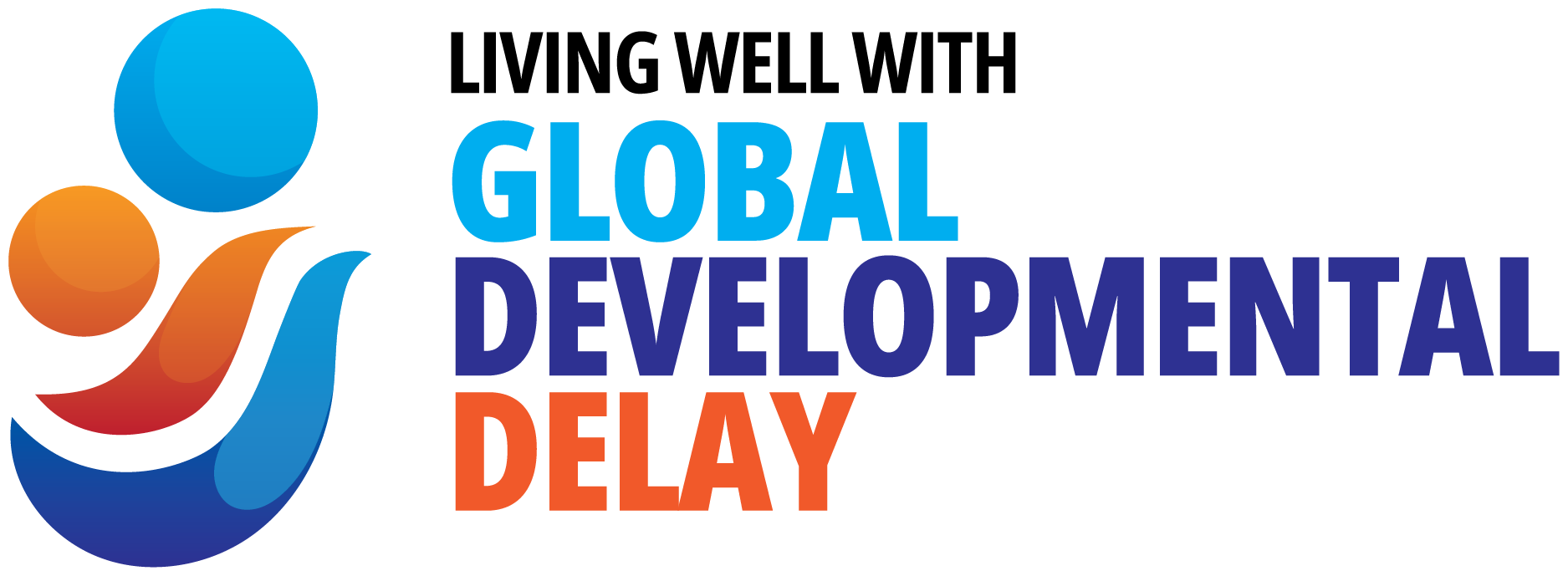What else should I ask If my child has developmental or global developmental delay?
If your child has developmental or global developmental delay, then you need to specifically ask the service how they will support your child. For example, ask how the service will:
- Help your child settle into the service
- Get to know your child’s strengths and interests
- Learn about your child’s needs and how these can be supported
- Plan activities your child will enjoy
- Adapt activities and daily routines to support your child to participate
- Help the children and other adults understand your child
- Respect your family’s and children’s rights to confidentiality
- Communicate with you about your child’s progress and experiences
- Let you know if they have any concerns about your child
- Record daily information about your child such as details relating to toileting, eating habits, and their behaviour with other children.
What should I tell the service about my child?
There are many things you can share with the educators at your service to help your child settle in and be supported. You can help the staff at the service by telling them:
- What your child’s main needs are
- What their interests are
- What they do well
- What you do to support your child, for example, if they are upset
- Situations or activities that can be challenging for your child
- How your child communicates they are distressed or not coping
- The other support your child gets, including through hospitals, the NDIS or other therapists
It is helpful if you give permission to the Child Care service to contact your child’s other supports. The more information that you provide about your child’s needs and supports the better the Child Care service can prepare and help.
Are there additional supports for children with developmental or global developmental delay?
All children have the right to use Child Care in Australia regardless of disability or developmental delay. This right is protected under the Australian Disability Discrimination Act 1992. Your Child Care service may talk to you about support for children with additional needs. The Australian government funds resources to support children with additional needs through the Inclusion Support Program. The Inclusion Support Program (ISP) assists education and care services to provide inclusive practices in early learning programs for all children. This is to help children with additional needs to access service and participate alongside their peers.

